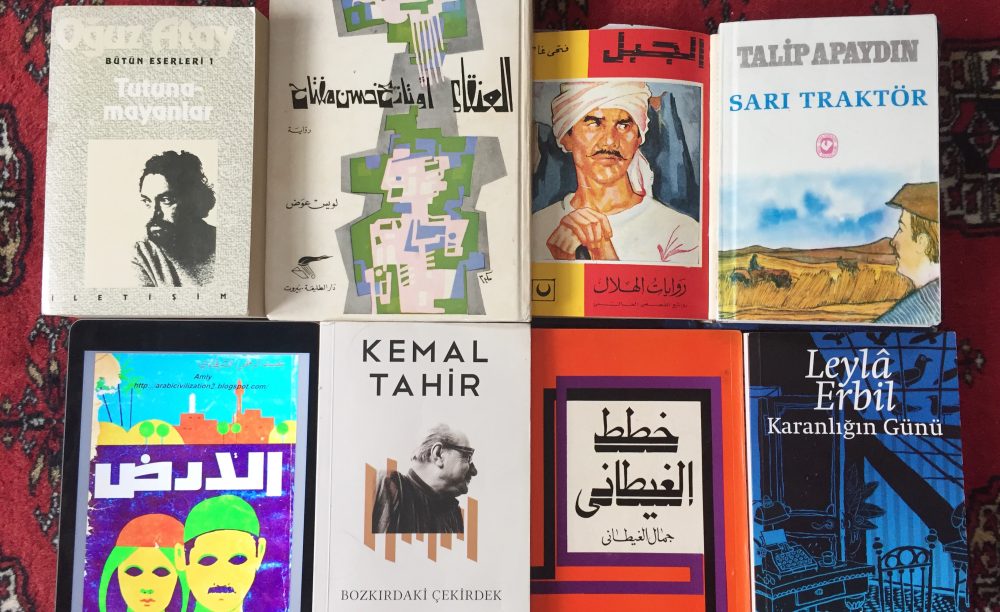Citation
Clark, Katerina. The Soviet Novel: History as Ritual. Bloomington: Indiana University Press, 1981
Contents
Introduction: the Distinctive role of Socialist Realism in Soviet Culture
- Socialist Realism before 1932
- What Socialist Realism Isand What Led to Its Adoption as the Official Method of Soviet Literature
- The Positive Hero in Prevolutionary Fiction
- Socialist Realist Classics of the Twenties
- High Stalinist Culture
- The Machine and the Garden: Literature and the Metaphors for the New Society
- The Stalinist Myth of the “Great Family”
- The Sense of Reality in the Heroic Age
III. An Analysis of the Conventional Soviet Novel
- The Prototypical Plot
- Three Auxiliary Patterns of Ritual Sacrifice
- Soviet Fiction since World War II
- The Postwar Stalin Period (1944-53)
- The Khrushchev Years
- Paradise Lost or Paradise Regained?
Author
Katerina Clark is Professor of Comparative Literature at Yale University. She is author of Petersburg, Crucible of Cultural Revolution and coauthor (with Michael Holquist of Mikhail Bakhtin.
Context
Thesis
the Soviet novel “in terms of the distinctive role it plays as the repository of official myths.”
Methodology
Key Terms
Socialist Realism, the Master Plot, the Positive Hero, the “spontaneity”/”consciousness” dialectic, the “Great Family,”
Criticisms and Questions
Notes
middlebrow- more like police novel, rests on canonical examples
tools for studying medieval hagiography or other formulaic genres better suited than highbrow lit tools
question of extratextual meaning, aesthetics not important ideology is
started in 1932 with writer’s conference
canon
Gorky – mother, klim Sangin
Furmanov – Chapeau
Gladkov – Cement
Sholokhov – quiet flows the Don, virgin soil upturned
Ostrovsky – how the steel was tempered
Fadeev- The rout, the young guard
***
Master plot is a ritual in the anthropological sense, a focusing lens for cultural forces, parables which confirm Marxist-Leninist stages of history over course of Soviet novel the cliches represented different things.
[Patristic Texts]Lenin 1905 – “Party organization and party literature” – foundational text, party-mindedness
Gorky’s mother as putative foundational text / Borges on Kafka: each writer creates his own precursors
1927- Stalin consolidates power
Gleichschaltung – a system of totalitarian control and coordination over all aspects of society, “from the economy and trade associations to the media, culture and education”.
comic combination of verisimilitude and mythicization
bad because it’s schitzophrenic
German debates (Lukacs and Brecht) not found in USSR
topics @ the congres: form vs. content, bracketing of modernism
-Lenin and Stalin as classic texts, dismissal of use of dialect as alienating (peasantry)
-validity of realism and surpassing of critical realism, good and bad romanticism, sense of history and the new man
Trotsky – against neologisms and regionalisms
skaz – oral form of narrative
Babel – Odessa tales (dialects)
obsession with transparency
“a monologic dream of cultural and ideological homogeneity”
Skaz and experimentation of 20s came under strict militaristic regimentation in 1930s
***
-it makes (perfect) sense to study socialist realism “from the point of view of the semiotics of culture, to discriminate the meaning of texts and the tradition they form, as opposed to their brute structure, by appealing to differences in different culture systems.”

